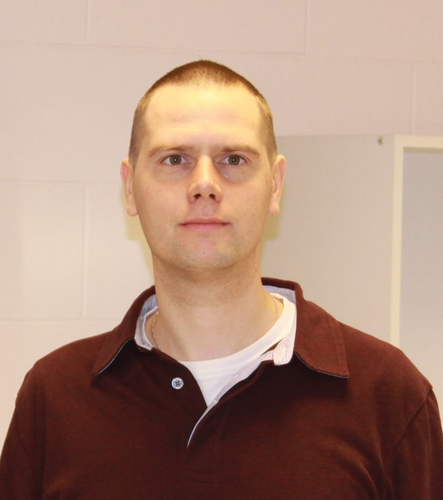© University of Kent - Contact | Feedback | Legal | FOI | Cookies
Research
The rose-ringed parakeet is listed amongst the top 100 worst alien species in Europe, and since the 1970s has rapidly established itself in over 100 cities across the continent and beyond. They have begun to pose problems in urban and rural areas such as disturbance to humans (including potential to transmit diseases to livestock and humans), competition with native wildlife and, increasingly, as an agricultural pest, already prompting changes in national policies. Worryingly, farming practices that adapt to global climate change and a warmer Europe facilitate the continued expansion of parakeet populations, amplifying the problems parakeets pose for European agro-economy. More generally, a temporal, spatial and social perspective of biological invasion is crucial to address, understand and solve the ‘alien species problem’ but is lacking. This Action will help to (i) better understand why some species such as parakeets are highly successful invaders, (ii) harmonise methodologies to predict agricultural, economic, societal and ecological impacts across Europe, and the means to mitigate them, (iii) create a virtual European Monitoring Centre for all invasive parrot species, and (iv) transfer results to policy and society. The Action fulfils EU 2020 Biodiversity Strategy, Convention on Biological Diversity and Syracuse Charter recommendations on invasive species.
Policy
Dr Riho Marja
I work as a researcher and project leader for the Estonian Ornithological Society (BirdLife Estonia). My work over the past ten years has been related to agricultural biodiversity and agri-environmental policy. In previous studies I concentrated mainly on the impacts of land use, landscape structure and agri-environmental policy on birds and bumblebees.
My current work involves mapping ortolan bunting, red-backed shrike and eurasian curlew territories using VHF, GPS and or geo-loggering telemetry. Over the next few years I will concentrate on these species´ habitat selection, breeding success and inter-seasonal movements in agricultural landscapes.
My effort for ParrotNet will be related to pan-European monitoring. I will also help members of ParrotNet via my skills and knowledge of agri-environmental policy/schemes from an Estonian perspective.
